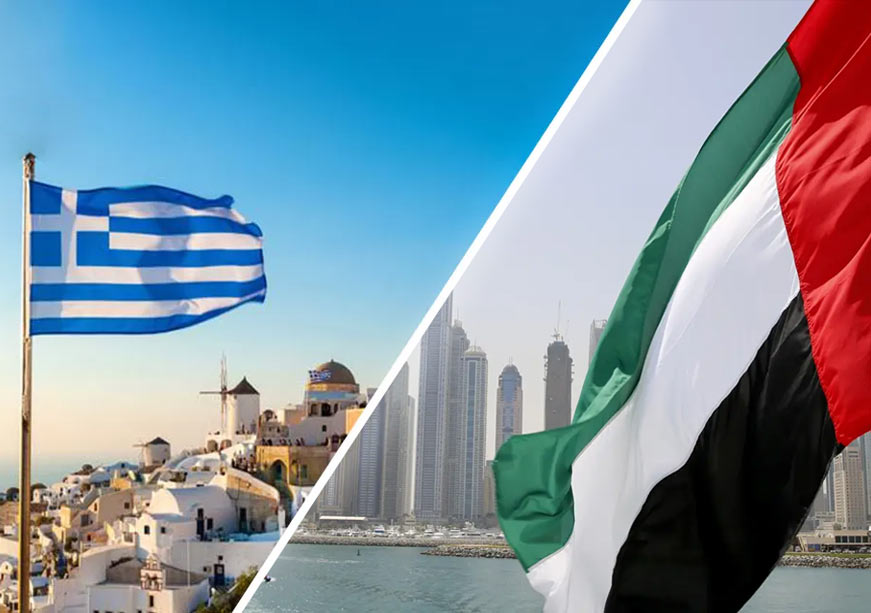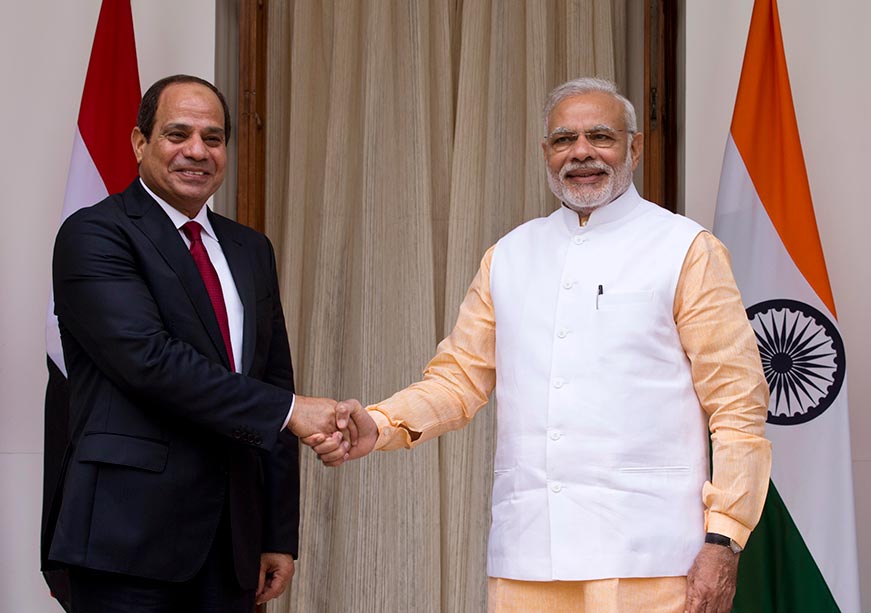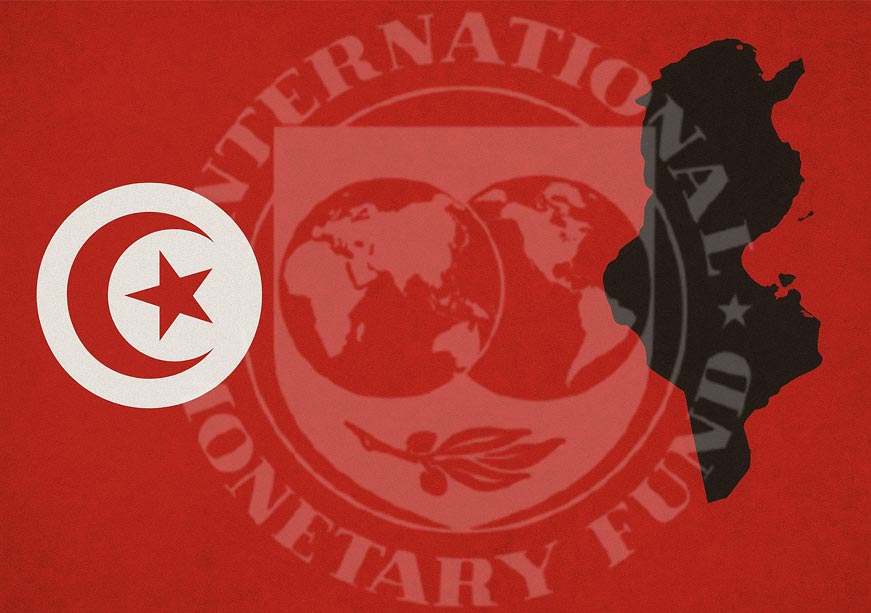The United Arab Emirates (UAE) refers to itself as “an exceptional tourism destination”, a self-description which resonates with some findings of international assessments and rankings. Among the most authoritative benchmarks in this field is the World Economic Forum’s Travel & Tourism (T&T) Development Index, which classifies countries regarding their T&T sectors’ “sustainable and resilient development”. This classification is based on the following key dimensions: the presence of an enabling environment, sectoral policies and enabling conditions, infrastructures and services, available resources, and the sector’s sustainability. Derived from the results obtained across these dimensions, the 2024 Index ranked the UAE first in the Middle East and 18th globally out of the 119 studied economies.
Considering the sector’s wider significance, beyond its current results, H.E. Abdulla bin Touq Al Marri, UAE Minister of Economy, stated in May 2025 that the “continuous development of the tourism sector is a strategic priority for the UAE, in line with its vision of becoming a leading global tourism destination”. This statement has been made in the context of the Minister’s meeting with his Greek counterpart to “discuss ways to enhance bilateral cooperation”. In light of its results and its envisaged evolution, tourism appears to be a sector that is not only prominent in the present but also one that constitutes an integral part of the country’s forward-looking policy agenda.
To fully comprehend the strategic value and underlying significance of tourism for the UAE, its sectoral objectives and initiatives, such as the conclusion of international partnerships, should be studied in view of the state’s ultimate “long-term, full-vision plan”. The latter is known as ‘UAE Centennial 2071’. Consistent with this rationale, the current paper seeks to 1) analyse how tourism is leveraged to serve the Centennial’s main goal and 2) assess the extent to which a sectoral partnership with Greece can contribute to achieving this goal.
The starting point for this analysis lies in the Centennial’s main objective: to “fortify the country’s reputation and its soft power”. The latter has traditionally been understood as the “power of attractiveness”. To a significant degree, the path to the realisation of this vision leads through two main channels. One is economic diversification through the support and promotion of an economy less reliant on hydrocarbon revenues, and increasingly based on knowledge and diversity. The second is the enhancement or consolidation of the country’s leading role and attractiveness in policy areas with both regional and global dimensions. Tourism is a sector which can play a role in both areas and advance these objectives.
Through the lens of the economic diversification agenda
According to the World Economic Forum, travel and tourism is “one of the world’s largest economic sectors” with “unparalleled potential”. Laying the foundation for these statements and forecasts, the sector contributed 10 percent to the global economy in 2024–an increase of nearly 1 percent compared to 2023–and provided for approximately 1 out of 10 jobs worldwide (357 million in total). By 2034, T&T is projected to account for up to 11.5 percent of the total Gross Domestic Product (GDP).
The sector’s economic importance and prospects have also been identified by the UAE. Tourism’s contribution to its economy is on the rise: it accounted for 11,7 percent of the country’s GDP in 2023, was approximately 12 percent in 2024, and is expected to reach 13 percent in 2025. Based on the World Travel & Tourism Council’s (WTTC) forecast, in 10 years, the sector will still account for more than 10 percent of the country’s GDP, with a workforce projected to surpass 1 million jobs. This latter estimated number, as the WTTC puts it, is “underscoring the sector’s central role in economic diversification and national growth”.
Recognising its potential, this sector has long been identified by the Gulf state as being “critical to [the] UAE’s economic diversification drive”. As the country’s diplomatic service noted, tourism “is a particularly significant contributor to the UAE’s service industry, with a substantial impact on the country’s GDP”. Reflecting and building on the sector’s economic potential, the UAE Tourism Strategy 2031–a sectoral guiding compass–has set objectives with quantified targets regarding, for instance, the future contribution of tourism to the GDP or the enhancement of its competitiveness.
Considering these factors, tourism serves as a driver for growth and a key source for economic diversification, thereby advancing the Centennial’s goal. Nevertheless, the sector’s contribution to the realisation of the Gulf state’s vision plan extends beyond the economic sphere.
A factor of attractiveness and reputation
The country’s Tourism Strategy also seeks to “strengthen the position of the UAE as one of the best destinations in the world for tourism”. Supporting this aim, one of the Strategy’s key action-areas focuses on the enhancement of a “unified national tourism identity”. The latter is an “extension of the country’s visual media identity and consolidates the image and position of the UAE in the eyes of the global audiences”. Consequently, the Strategy also has a reputational and soft power component in line with the Centennial’s goal. Building on this component, the Gulf state could elevate or consolidate its international standing, which, in turn, could lead to diverse strategic gains.
Consistent with these economic and reputational objectives, the “UAE government places great importance on developing and enhancing the tourism sector in line with best global practices”, notably in sustainability. The quest for these practices can contribute to the advancement of partnerships with other states that are prominent tourism powers within their geographies. For the UAE to acquire the most relevant experiences for itself, cooperation with countries sharing similarities with its own geographic features and consequent tourism offer can be highly pertinent. Additionally, fostering a sectoral collaboration with a state that is already its long-standing counterpart can prove particularly beneficial as the partnership could be embedded in an existing cooperation framework. Greece represents a prime example of a state meeting these criteria.
The Greco-Emirati tourism cooperation’s rationale
As southern littoral states, both the UAE and Greece can capitalise on their maritime accessibility, seaside location and sun-drenched climate. They refer to themselves “as gateways for tourism in the Middle East and Europe”.
According to the European Institute of the Mediterranean, based on data from the early 2020s, Greece is listed as one of the primary tourist destinations in the Mediterranean basin. Regarding the importance of the country’s coastal geographic features, the Greek INSETE institute pointed out that the “comparative advantage of the sea has made it one of the most popular tourist destinations in Southern Europe”.The Hellenic Republic also ranked second in 2023 after Italy as a leading maritime passenger country, with the port of Piraeus being among the busiest EU passenger ports. Recognising the sector’s potential, Greece identified tourism as one of the main domains for the promotion of its “foreign policy positions and international image”.
In addition to being a prominent tourism actor, Greece is also a long-standing partner of the UAE. The cooperation between the two states, dating back to 1975, “witnessed continuous development over the decades”, leading to a strategic partnership in the early 2020s. Economic relations, described by the UAE as “vibrant and growing”, have been a cornerstone of this collaboration. The Gulf state highlighted that tourism should be part of these relations, in line with its 2071 vision and in accordance with Greece’s development strategies. Furthermore, this sector has not only been integrated into the parties’ overarching collaboration structure but has become one of its most successful areas. As Minister Bin Touq affirmed in 2025, the “UAE-Greek relations are witnessing steady progress across various economic and developmental fields, particularly in the tourism sector”.
Building on their existing cooperation and their respective strategic agendas, the UAE and Greece started to “explore ways to enhance partnership in green and sustainable tourism”, as announced in May 2025. On that occasion, Minister bin Touq noted that: “Greece possesses invaluable experience in tourism sector development and attracting tourists from around the world, which enhances the commonalities between the two countries in this field”. Drawing on these “assets”, experience sharing has been identified as one of the main avenues for the parties’ collaboration aligned with the UAE’s quest for best practices to strengthen its competitiveness and consolidate its reputation as a leading tourism actor. A primary area of interest would be “policymaking, with a focus on innovation and sustainability”.
“[J]oint tourism promotion”, and “supporting investments in the tourism and hospitality sectors”, have equally been identified as areas of collaborative action. These could also contribute to the countries’ growth and reputation.
Conclusion
The UAE utilises tourism as a key instrument to serve the country’s long-term vision plan, the Centennial 2071. The latter’s main goal is to strengthen the UAE’s reputation and soft power. To achieve this goal, economic diversification and the enhancement of the UAE’s attractiveness in policy areas with both regional and global dimensions serve as primary means. Tourism plays a crucial role in both.
This sector has become a significant contributor to the country’s non-hydrocarbon growth, but also a major domain in which the state can build and reinforce its attractiveness and reputation. To remain competitive and maintain its position as a leading and attractive tourism actor, the UAE places specific importance on the sector’s development and enhancement in accordance with best international practices.
Based on this rationale, Greece is one of the countries with which the Gulf state seeks to strengthen its sectoral cooperation. The Hellenic Republic is not only the UAE’s long-standing economic partner but is also perceived by the Gulf state as a leading tourism actor in Europe, with relevant expertise in ‘sector development’ and ‘global tourism attraction’. Consequently, a partnership with Greece that harnesses the country’s expertise can contribute both to the UAE’s attractiveness and competitiveness. This would entail that an enhanced Greco-Emirati tourism cooperation could be an enabler of the Centennial’s realisation.
Eszter Karacsony is an Associate Fellow and Program Lead in Geopolitics at Observer Research Foundation (ORF) Middle East.











